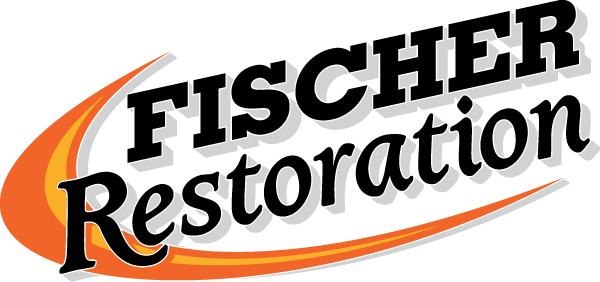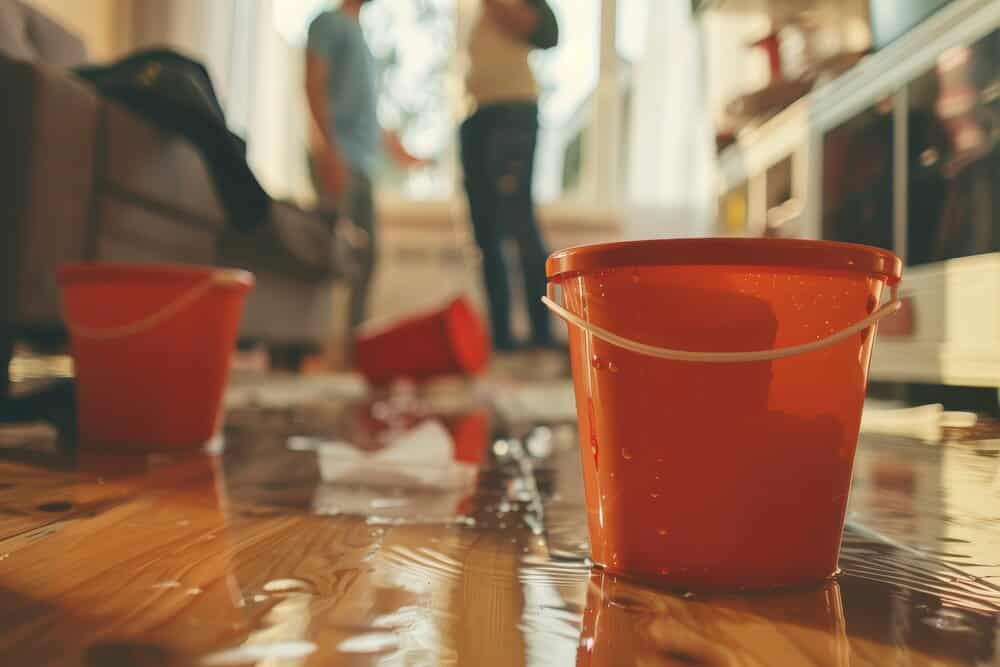A burst pipe is one of the most alarming and potentially damaging plumbing emergencies a homeowner can face. The consequences can be severe, ranging from water damage to structural issues and even health hazards. Understanding what happens when your pipes burst and how to respond can help mitigate damage and expedite the restoration process. Here’s a detailed look at what to expect and what to do if your pipes burst.
Immediate Consequences of a Burst Pipe
1. Water Damage
- Flooding: The most immediate effect of a burst pipe is flooding. Water can quickly spread throughout your home, affecting floors, walls, and personal belongings.
- Saturation: Porous materials like drywall, insulation, and wood can absorb water, leading to swelling, warping, and deterioration.
- Staining and Discoloration: Water can cause unsightly stains and discoloration on walls, ceilings, and floors.
2. Structural Damage
- Weakened Foundations: Persistent water exposure can compromise the integrity of your home’s foundation.
- Damaged Walls and Ceilings: Water can weaken the structure of walls and ceilings, potentially leading to collapses.
- Compromised Flooring: Hardwood floors can warp, while carpets and subfloors can become saturated and ruined.
3. Electrical Hazards
- Short Circuits: Water intrusion into electrical systems can cause short circuits, posing fire risks.
- Damaged Appliances: Electrical appliances and systems can be damaged or rendered inoperable.
4. Mold and Mildew Growth
- Rapid Growth: Mold can start growing within 24-48 hours of water exposure, leading to health risks and further property damage.
- Persistent Odors: Mold and mildew can cause lingering musty odors, indicating ongoing moisture issues.
Long-Term Effects of a Burst Pipe
1. Persistent Structural Damage
- Rot and Decay: Continuous water exposure can lead to rot and decay in wooden structures, weakening your home’s framework.
- Foundation Issues: Prolonged water exposure can cause cracks and shifts in your home’s foundation.
2. Health Hazards
- Mold-Related Illnesses: Mold spores can cause respiratory issues, allergic reactions, and other health problems.
- Contaminated Water: If the burst pipe involves sewage or contaminated water, it can pose serious health risks.
3. Financial Costs
- Repair and Restoration: The cost of repairing water damage, replacing damaged materials, and restoring your home can be significant.
- Increased Insurance Premiums: Repeated claims for water damage can lead to higher insurance premiums.
Steps to Take if Your Pipes Burst
1. Shut Off the Water Supply
- Main Valve: Immediately turn off the main water valve to stop the flow of water.
- Localized Shut-Off: If possible, shut off the water supply to the affected area.
2. Turn Off Electricity
- Main Breaker: If water is near electrical outlets or appliances, turn off the main breaker to prevent electrical hazards.
3. Drain the System
- Open Faucets: Open all faucets to drain any remaining water in the pipes.
4. Call a Professional
- Emergency Services: Contact a licensed plumber to repair the burst pipe and address any underlying issues.
5. Remove Excess Water
- Mop and Towels: Use mops, towels, or a wet/dry vacuum to remove standing water.
- Dehumidifiers and Fans: Use dehumidifiers and fans to dry out the affected area and prevent mold growth.
6. Document the Damage
- Photographs and Videos: Take detailed photos and videos of the damage for insurance purposes.
7. Contact Your Insurance Company
- File a Claim: Report the incident to your insurance company and provide documentation of the damage.
When to Call a Restoration Professional
While addressing the immediate effects of a burst pipe is crucial, restoring your home to its pre-damage condition often requires professional help. Damage restoration professionals have the expertise, equipment, and experience to:
- Assess and Mitigate Damage: Conduct a thorough assessment and develop a mitigation plan.
- Dry and Dehumidify: Use industrial-grade equipment to dry and dehumidify the affected areas.
- Remove Mold: Safely remove mold and prevent future growth.
- Restore and Repair: Repair structural damage and restore your home to its original state.
A burst pipe is a serious emergency that requires prompt action to minimize damage and protect your home. Understanding the immediate and long-term consequences, and knowing what steps to take, can help you respond effectively. For comprehensive damage mitigation and restoration, consider hiring a professional restoration company to ensure your home is safe, dry, and fully restored.

